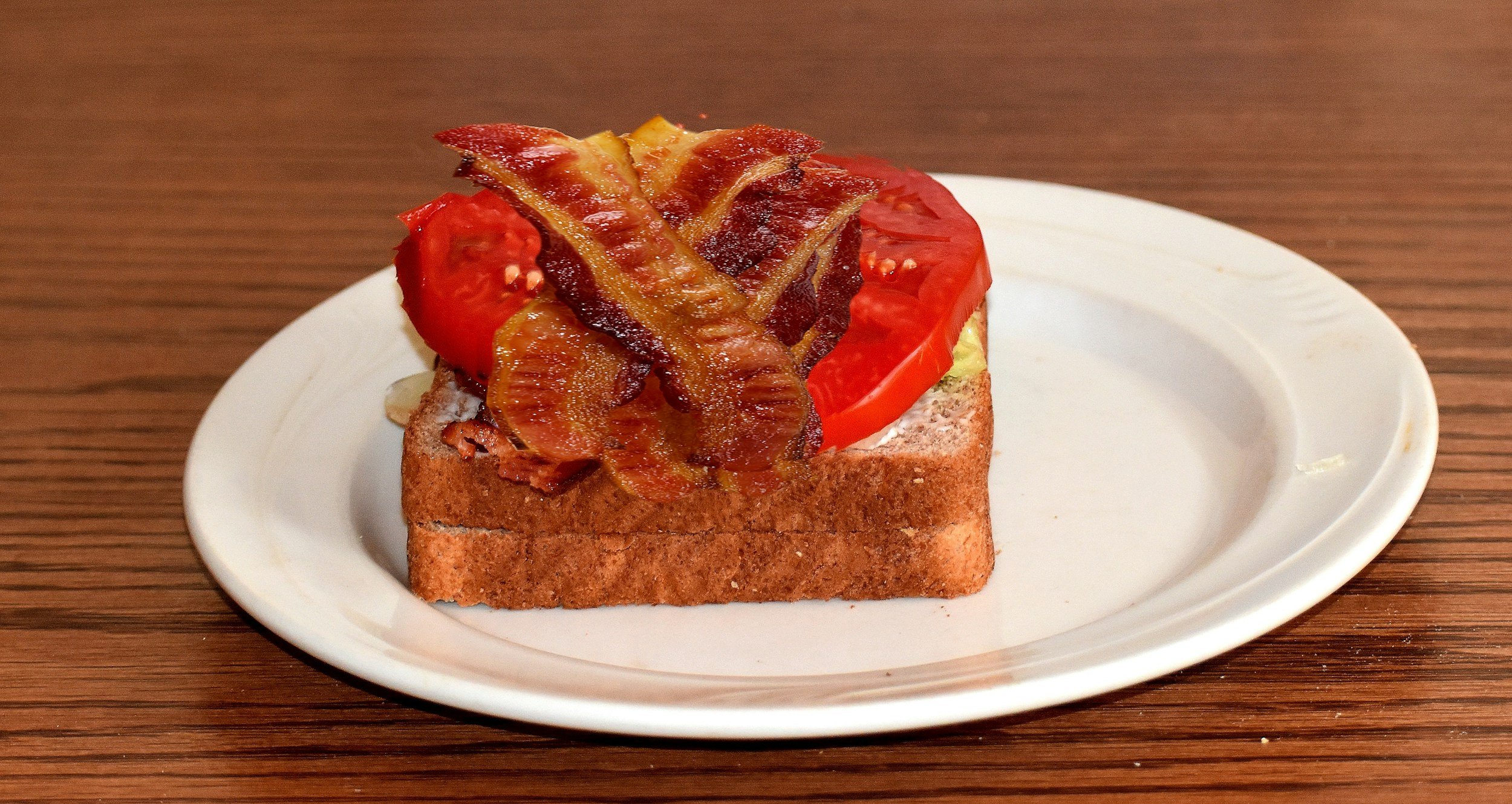Funerals
i.
A funeral is an elementary school gym. The same gym where, in the evenings, you memorize the faded lines that mark the borders of the volleyball court, the gym that you and your ten-year-old teammates sneak away from to peek into the boys bathroom, to see if it really is bigger than the girls (“It is!” you squeal, waving over the other girls to see for themselves). The gym where your P.E. teacher sets out little black X’s on the floor to mark each kid’s spot. “Don’t move from your place,” she says, so you sit criss-cross-apple-sauce, even on the day that you sob all through class because you got in trouble for forgetting to write your name at the top of your multiplication test.
A funeral is orange metal chairs that replace the black X’s on the gym floor. A funeral is a podium underneath the basketball net where you once won a hula-hooping contest. You kept the hoop going for the longest, around, around, around, until finally, it hit your hip at just the wrong angle, and clattered to the floor. You got to write your name on the leaderboard on the wall. Now your mom hangs pictures on the walls of the gym and asks you to read a poem. She prints the poem for you and you ask her to hold onto it, because you're afraid you’ll lose it, afraid you’ll crumble the delicate printer paper in your little hands.
A funeral is technically a memorial, because the bodies are too far away, in another state, with the rest of their family. They moved away a few years ago, leaving behind a community that learned of the tragedy via cross-country phone calls. So your mom says, “We’ll have our own,” and throws herself into planning. You stand by the door to greet people like you’re supposed to, and you swallow hard because you know all the kids here, and you don’t want them to see your mom cry.
A funeral is “Amazing Grace,” which you’ve never heard before. It makes you cry, so you decide that you hate that song more than anything, because you’re crying too hard to read the poem that your mom wanted you to. She has to read it for you, and now everyone watches as your mom cries, and you cry. A funeral is some lady you’ve never seen before who says your friend is free now, in a better place. A funeral is wanting to punch that lady in the face because how can someone be free when they were shot in the chest by their dad?
A funeral is mingling with the other kids afterwards, awkward laughing, “Wasn’t that so sad?” Like it was a movie we just watched together in the cold, crowded gymnasium.
ii.
A funeral is at recess, in the forest behind the fourth grade portables. It’s for a walnut—yes, a walnut—that you and your friend passed back and forth over weekends like parents with joint custody. You’d named it Claire, after the place where you got your ears pierced together. One of you lost Claire (you still don’t know who), so you bury an empty box that your friend’s dad bought at the craft store. A group of girls stand around and say nice things about some little walnut you found on the ground. Your friend even cries a little. You find a rock instead, to replace Claire. You name it Roxanne, but it doesn’t fit into the little box the same way Claire did.
iii.
A funeral is a coloring book, one that your mom brings for you and your sister, so you can sit through the speeches. You don’t touch it because you want to be good, so you listen as your mom stands in front of all the people and talks about her older brother, who you remember as the uncle with the frog in his leg. Ribbit, ribbit, it would squeak, and then he’d roll up the leg of his pants and remove the prosthetic. “Got you,” he’d say, every time. Your grandmother says he’s a red-bellied robin, now. You think that if that was true, your mom wouldn’t be so sad.
A funeral is a bunch of balloons floating up into the sky with messages in their air-filled bellies. You stand on a grassy lawn and watch them float until they’re tiny, minuscule dots in the sky, and then nothing. You imagine the balloons popping, somewhere way up high, messages sprinkling all over mountain tops. You can’t decide what to write, so you rip out a page of the coloring book and shove it inside the balloon. You hope your uncle likes it. A part of you doesn’t want to let go of the balloon—there’s something too sad about a balloon on its own, disappearing into nothing. But you let go anyway.
iv.
A funeral is a church. The church your grandmother liked to go to, the one you went to when you were younger, before your mom stopped believing, before her best friend died. A different uncle of yours, the religious one, says that your grandma won’t go to heaven because she never converted to Catholicism. He doesn’t like the church your mom chose, even though it was your grandma’s favorite. Your aunt says that your grandma can still be saved and your mom says, later, “Thank God your aunt and uncle aren’t staying with us.”
A funeral is your oldest cousin standing on the pulpit, talking about summers with your grandma. Summers far before you were born, when he was the only grandchild. A funeral is an ugly, growling jealousy, because you’d always felt like your grandma was yours, nobody else’s, because she used to sit with you outside for hours sifting through blades of grass in search of four-leafed clovers that she would press between pages of books and laminate into bookmarks for you.
v.
A funeral is your first mass at nineteen-years-old. You’ve never been to one before, to your extended family’s disappointment. The university loans your class a rental car to drive to West Seattle, where the funeral is held. You sit in the middle row wearing the cheap black dress that you bought for the occasion. A group of you file into the church together, fill up a row all the way in the back.
A funeral is the Catholic priest saying that he’ll make an exception for this one soul. “Now the Bible states that a death like this is a sin,” he says. From the back of the church he looks blurry, a mass of dark robes hunched over a pulpit. He clears his throat, hesitates. You know he won’t name it, won’t say it out loud. Suicide. If a person kills himself, he’s not supposed to go to heaven. “But I think we can make an exception,” he says. “His family was so involved with the church.” This person was a good Catholic, so it’s okay.
You remember how in your philosophy class, he questioned the existence of a god. How you saw him once, outside the dorms, eyes bright red with a blunt in his hands. “You want some?” he’d asked. You’d laughed and said no.
A funeral is crying on a sidewalk. You can’t stop crying, even when everyone is eating the free food in the church basement. On the way home, the GPS takes you over the very bridge he jumped from, and you want to throw up, but your other friends in the car haven’t noticed and they’re all singing some song you used to know so you swallow the bile. You call in sick to work that day and change out of the black dress in your quiet dorm room.
vi.
A funeral is a quality of life checklist that you found on Google images. Does he still eat? Play? Walk? Your dog has a seizure at 3:00 AM. He runs into walls with atrophied legs, cries, and whines for hours afterwards. It happens again, and again, and again. You make phone calls to hospice vets, run through the same checklist. Your eyes are tired and baggy, your body aching. Your dog’s eyes are sad and confused.
A funeral is a form you fill out online when you’re ready, an appointment scheduled on a Friday at 2:00 PM. A drive to Dairy Queen to get your dog a burger. The napkin tucked into his collar because he can’t sit up too well, and gets the cheese and beef all over his fur. A funeral is a text message from the vet. I’m outside. Your dog doesn’t bother barking when the vet comes through the door. He used to bark at everyone. “We’ll take our time,” the vet promises.
A funeral is a vet squirting blue sedative into a bowl of whipped cream that your husband holds with an outstretched hand. Your dog loves whipped cream. Excited but barely able to move, he rubs his head against you, wiggles his body until his entire upper half is on you. “The seizure meds might make it take a bit longer.” He holds on until you tell him it’s okay, until you whisper to him that he’s in charge of sending you the next dog, or dogs, to take care of you.
A funeral is a dog on your lap. A quiet last breath, a slow fade, and a hospice vet saying, “He’s gone now.” She wraps up your favorite thing the universe has ever brought you in a navy, fleece blanket. A funeral is a quiet click of the door and an empty dog bed and this feeling in your chest that makes you want to run after him and take his body back.
You almost do, but you stop yourself.
-Erin Moynihan
Erin Moynihan is a Seattle-based author who writes primarily about grief, the body, and mental illness. She's had her work published in Huffington Post, Buzzfeed, The Mighty, and more. Her first YA fiction novel, LAUREL EVERYWHERE, was published in 2020 with Ooligan Press.




















